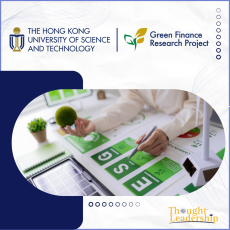Recent controversies and declining investor confidence - evidenced by a $13 billion outflow from ESG funds in 2023 - underscore the necessity for a fresh approach. Missteps, like solar panel projects poorly adapted to local Saharan conditions, highlight the importance of holistic planning to avoid ineffective, resource-wasting initiatives.
Vargas and Nieto-Rodriguez suggest that artificial intelligence (AI) holds the key to revitalising ESG by offering tools that consider environmental, social, and governance factors collectively. Technologies such as the Green Algorithms Calculator can reduce carbon footprints, but broader frameworks, including the UN Sustainable Development Goals, are essential for balanced outcomes. AI-driven insights must integrate with real-time, centralised data systems and customised algorithms tailored to specific project goals. With pilot testing and phased implementation, these tools can identify and rectify challenges early, ensuring long-term success and inclusivity, particularly in developing regions where local labour and materials are often sidelined.
To unlock ESG’s full potential, organizations should adopt a proactive, holistic strategy. Define clear sustainability objectives, leverage comprehensive frameworks, and centralise data to drive informed decision-making. Embrace adaptable AI tools while rigorously testing and monitoring their effectiveness. By embracing this multidimensional approach, businesses can rebuild trust, inspire investors, and make a meaningful difference. With commitment and innovation, ESG can become a force for a cleaner, more equitable, and sustainable world.
READ THE ARTICLE HERE





